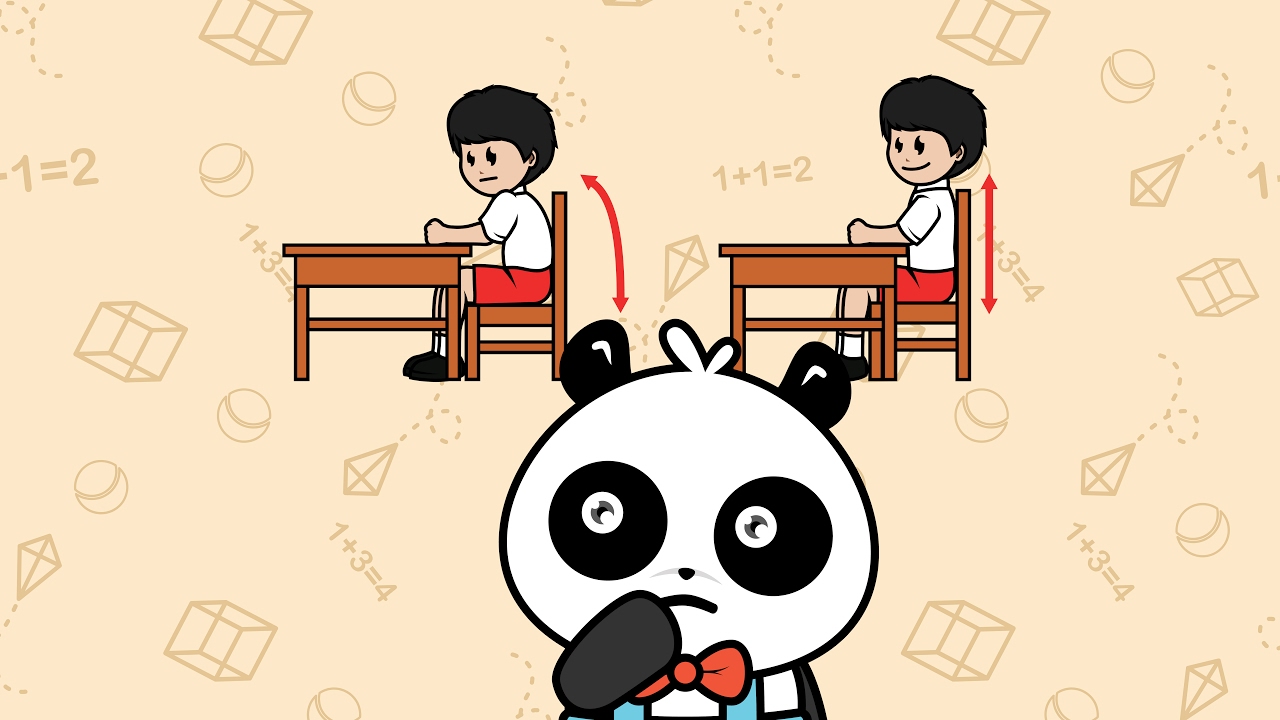Preschoolers are vulnerable to disease, so many children at that age must be hospitalized. The experience of being treated in a hospital is traumatic for children. Various kinds of diagnostic examinations, and medical treatment procedures will be carried out while the child is hospitalized. One procedure that is often performed during treatment is administration of drug therapy via intravenous injection. Cooperative behavior of children is very necessary during treatment in hospital to achieve an optimal healing process. Preparing children for nursing procedures or actions will reduce their anxiety, improve cooperation, support their coping skill and facilitate control during medical procedure.
The application of play therapy in every intervention carried out during the hospitalization of children is necessary to reduce the trauma to the child. One of the interventions that can improve children’s cooperative behavior is virtual education cartoon which is a combination of interactive simulation technology and interesting and educational cartoon animation that can be an alternative to distract preschoolers. One of the measures to prevent traumatic behavior in children is to provide distraction techniques through educational virtual reality cartoon when the child has an intravenous injection procedure. Virtual Reality(VR) is an interactive computer simulation technology with a combination of input-output devices to provide stimulation to one or more senses so that users can interact deeply with virtual environments that appear to be in the real world.
This research was conducted on 34 children of preschool age children (4-6 years old) who were treated in a hospital that was divided into a treatment group and a control group. The treatment given was in the form of educational virtual reality cartoon which was carried out on the second day of treatment with a maximum of 4 minutes cartoon screenings with different themes at each injection hour. The intervention was carried out for 15 minutes during the injection hour. The theme of the educational cartoon was of hospital treatment, Clean and Healthy Behavior (PHBS) washing hands with soap, and the importance of eating fruits and vegetables.
The level of cooperativeness in children is measured through observations of the child’s behavior when the nurse communicates with the child, the child’s behavior when the nurse arrives bringing care tools, the child’s behavior when the nurse performs the injection procedure and the child’s behavior when the nurse makes orders to the child before starting the injection procedure.
The results showed that the educational virtual reality cartoon intervention could improve the cooperativeness level of children during an intravenous injection procedure. Changes obtained from observations generally occur in the behavior of children when the nurse comes by bringing injection equipment, the child no longer sends the nurse away and avoids eye contact with the nurse. The child’s behavior when the nurse performs the injection procedure also improved, the child does not cry and close himself / hiding in parents. Children look more relaxed and enjoy watching the cartoons provided.
Educational virtual reality cartoon intervention provide audio-visual distraction and indirectly isolate children’s vision quickly and briefly from the outside world which has the potential to increase stress, anxiety and fear that affect cooperativeness level so that children are not aware of the existence of injection equipment and procedures being undertaken. Furthermore, from the intervention given, children also get education from several cartoon themes provided, such as hospital treatment, PHBS washing hands with soap, and the importance of eating fruit where they can give insight to children about hospital care. PHBS, washing hands with soap and the importance of eating fruits and vegetables are three different themes that are exhibited with virtual reality.
The results of this study have implications that educational virtual reality cartoon interventions as a distraction option as well as educational media can be done by nurses to improve the cooperative attitude of preschoolers during intravenous injection procedures and reduce the impact of hospitalization on children.
Author: Yuni Sufyanti Arief
Details of this research can be viewed in our article at





